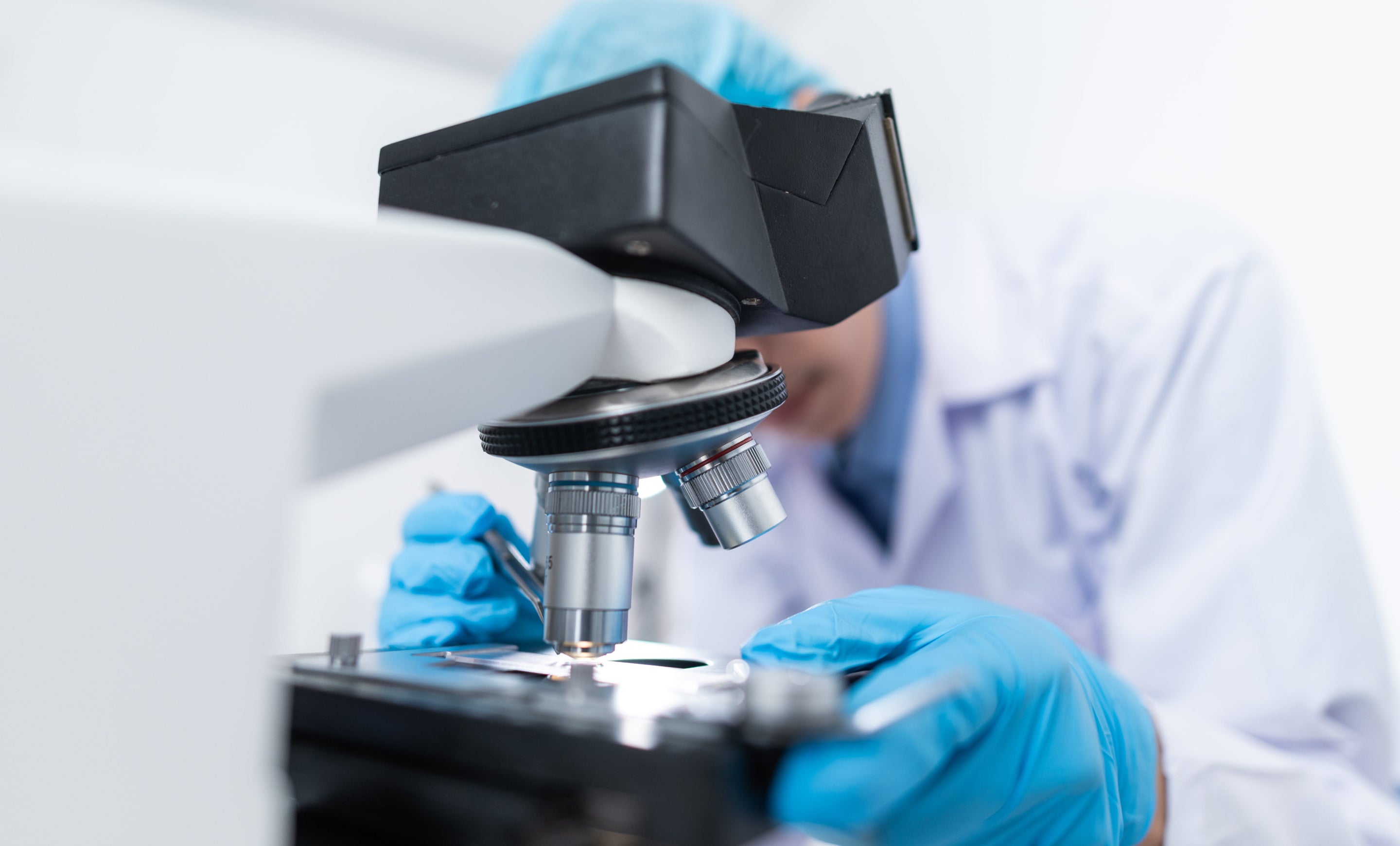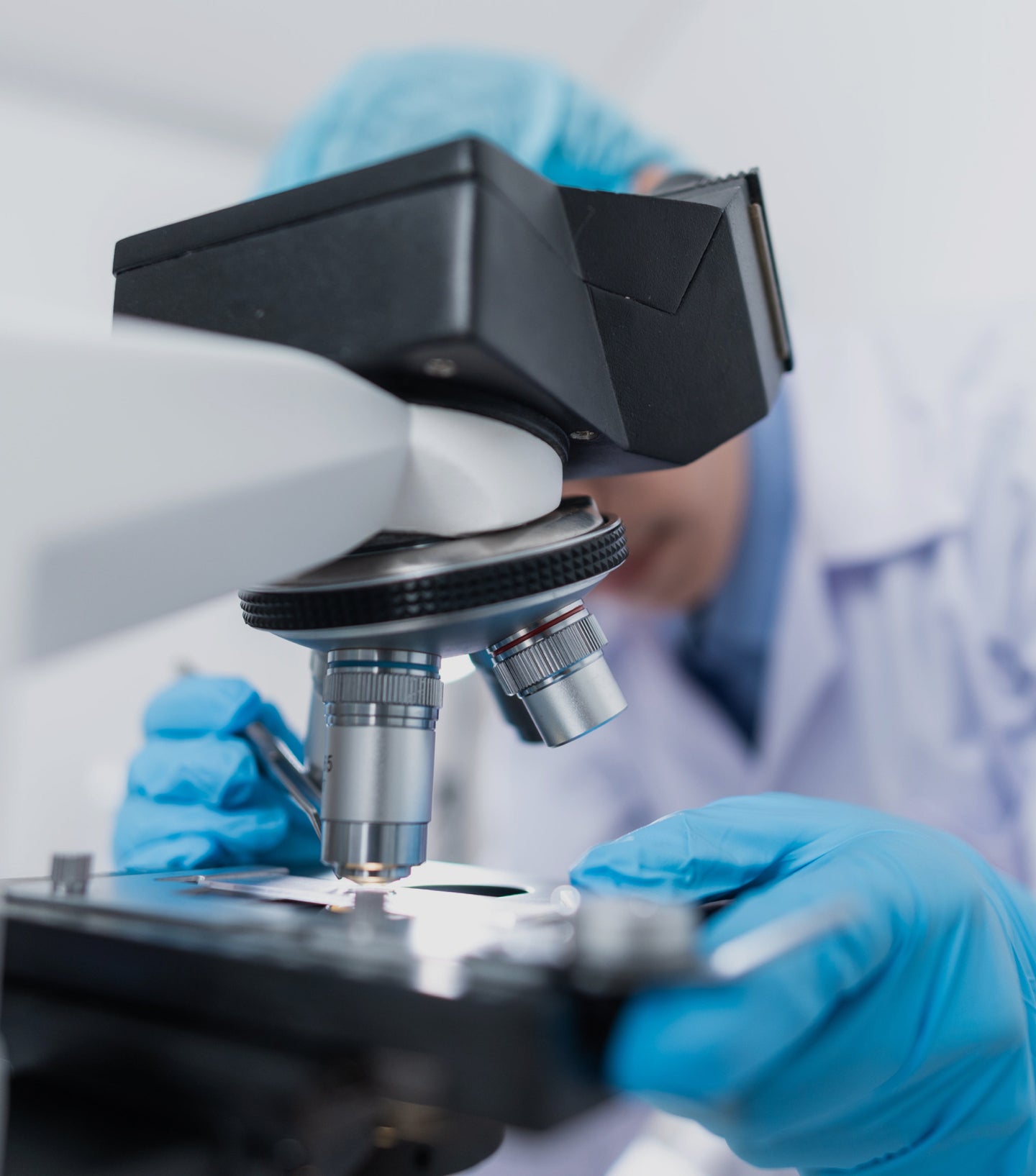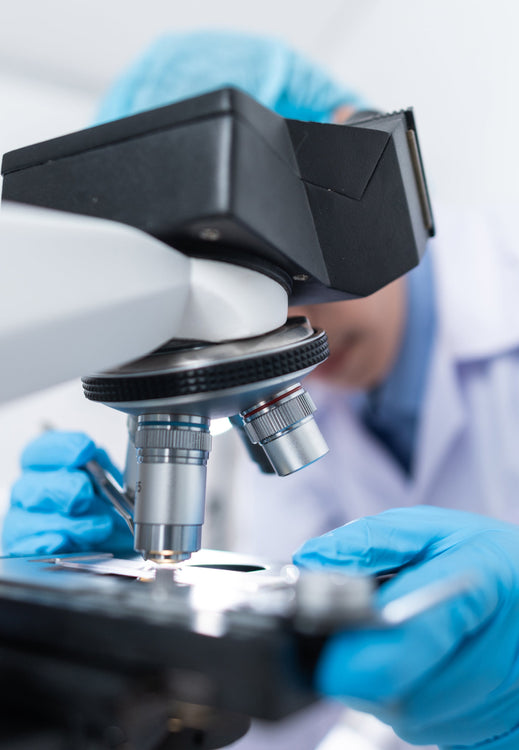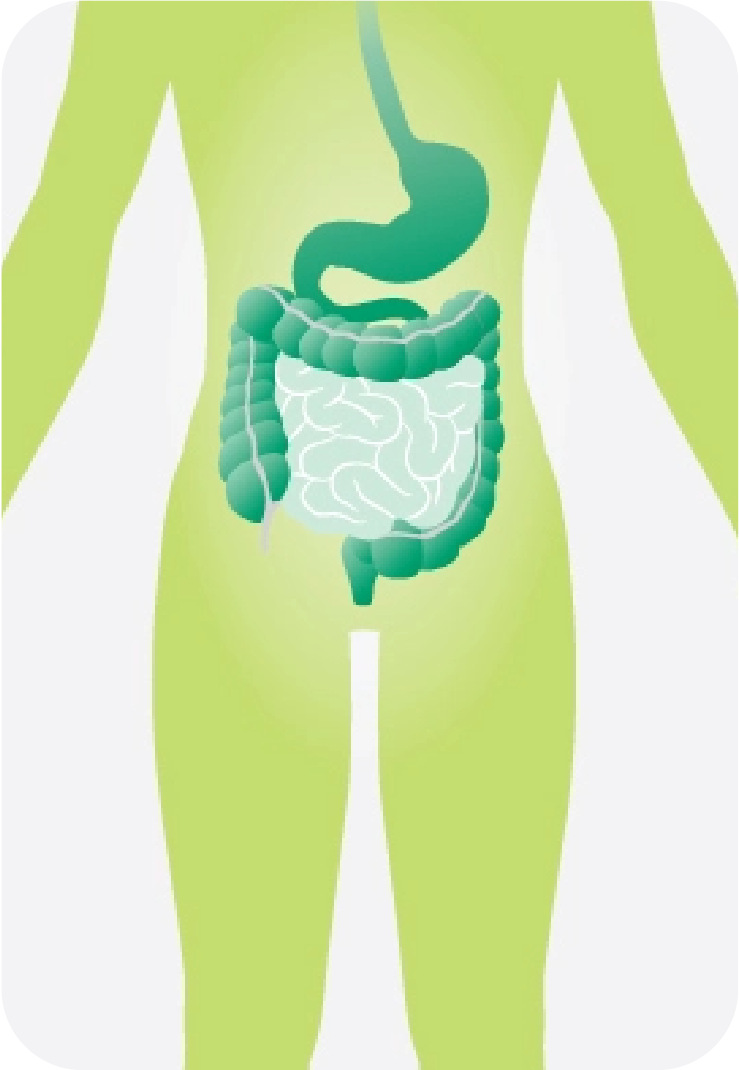Visbiome is the MOST STUDIED multi-strain probiotic available
Visbiome's unique proprietary formulation has been the subject of OVER 100 Clinical Studies since its invention in the late 90s.

- 1 Kim et al. Neurogastroenterol Motil (2005) 17,1-10
- 2 Kim et al. Alimentary Pharmacology Therapeutics 2003; 17:895-904
- 3 Wong et al. Digestive Diseases and Sciences. 2014
- 4 Bazzocchi et al. Digestive and Liver Diseases 2002; 34(2):S48-53.
- 5 Guandalini et al. Journal of Pediatric Gastroenterology and Nutrition. 2010;51:24-30
- 6 Staudacher et al. Gastroenterology 2017;153:936-947
- 7 Ng S.C., et al. Journal of Gastroenterology and Hepatology 2013; 28(10):1624-31
- 8 Boonma et al. Frontiers in Pain Research. 2021
- 9 Kim SE, et al. Journal of Neurogastroenterol Motility. 2015 Jan 1, 21 111-20.
- 10 Michail S, Kenche H. Probiotics Antimicro. Prot. 2011 3:1-7.
- 11 Bibiloni et al. American Journal of Gastroenterology. 2005;100:1539-1546
- 12 Tursi A, et al. Med Sci Monit. 2004;10:126-131. from Visbiome.com
- 13 Huynh Hien Q, et al. Inflamm Bowel Dis 15: 760-768 (2009)
- 14 Sood et al. Clinical Gastroenterology and Hepatology 2009;7:1202-1209
- 15 Tursi A. et al. Am J Gastroenterol. 105:2218-27 (2010)
- 16 Lee J., Moon G., et al. Korean J Gastroenterol Vol. 60 n. 2 94-101 (2012)
- 17 Ng SC, et al. Inflamm Bowel Dis. 2010;16:1286–1298.
- 18 Miele E, et al. American Journal of Gastroenterology. 2009;104:437–443.
- 19 C.P. Selinger et al. Journal of Hospital Infection 2013 Jun;84(2):159-65.
- 20 Gionchetti P, et al. Gastroenterology. 2000;119(2):305-309.
- 21 Gionchetti P, et al. Gastroenterology. 2003b;124(5):1202-1209.
- 22 Mimura T, et al. Gut. 2004;53(1):108 114.
- 23 Pronio, et al. Inflamm Bowel Dis 2008;14:662–668



